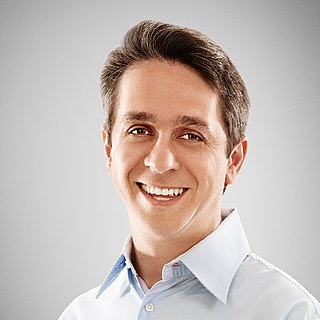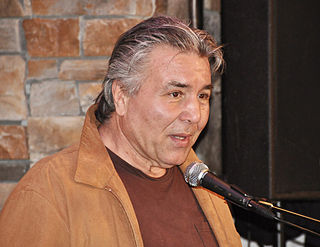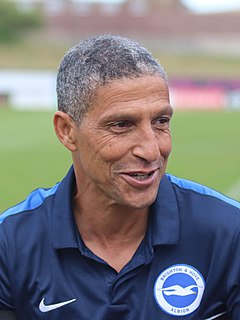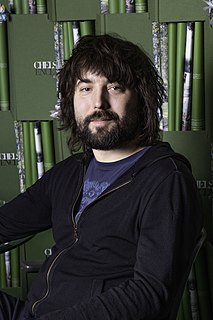A Quote by Arianna Huffington
The most important thing that we entrepreneurs have is our human capital. If we exhaust it, we make bad decisions.
Related Quotes
You know what works in venture capital? A group of incredibly smart, connected people who have the financial wherewithal and risk appetite to make multi-million dollar bets on unproven ideas and inexperienced founders. People who can make decisions quickly, and who spend their time trying to help entrepreneurs make the most of that cash.
The most basic principle to being a free American is the notion that we as individuals are responsible for our own lives and decisions. We do not have the right to rob our neighbors to make up for our mistakes, neither does our neighbor have any right to tell us how to live, so long as we aren’t infringing on their rights. Freedom to make bad decisions is inherent in the freedom to make good ones. If we are only free to make good decisions, we are not really free.
Profit is vital to human well-being. Profit is the payment to entrepreneurs just as wages are payments to labor, interest to capital and rent to land. In order to earn profits in free markets, entrepreneurs must identify and satisfy human wants and do so in a way that economizes on society's scarce resources.
Most of us think that decisions such as where shall I live, with whom shall I partner, what shall I pick as a career for my life are the most important decisions that we make. But from the point of view of the universe these decisions are not that important. Within you, you have already made decisions about who you are, what the universe is and how you will relate to other people and how you will relate to the universe and these decisions are creating consequences in your life moment by moment.
Entrepreneurs don't really make mistakes, though. We just make decisions that seem right at the time, but which sometimes turn out to have been the wrong path to take. For example, we allowed a buyer to place a huge opening order and later had to take some product back. We didn't have our sell-through programs in place, so in hindsight, it would have been wiser to sell in less product at the outset. The scary thing is you are always making decisions without knowing the future.

































